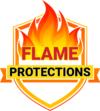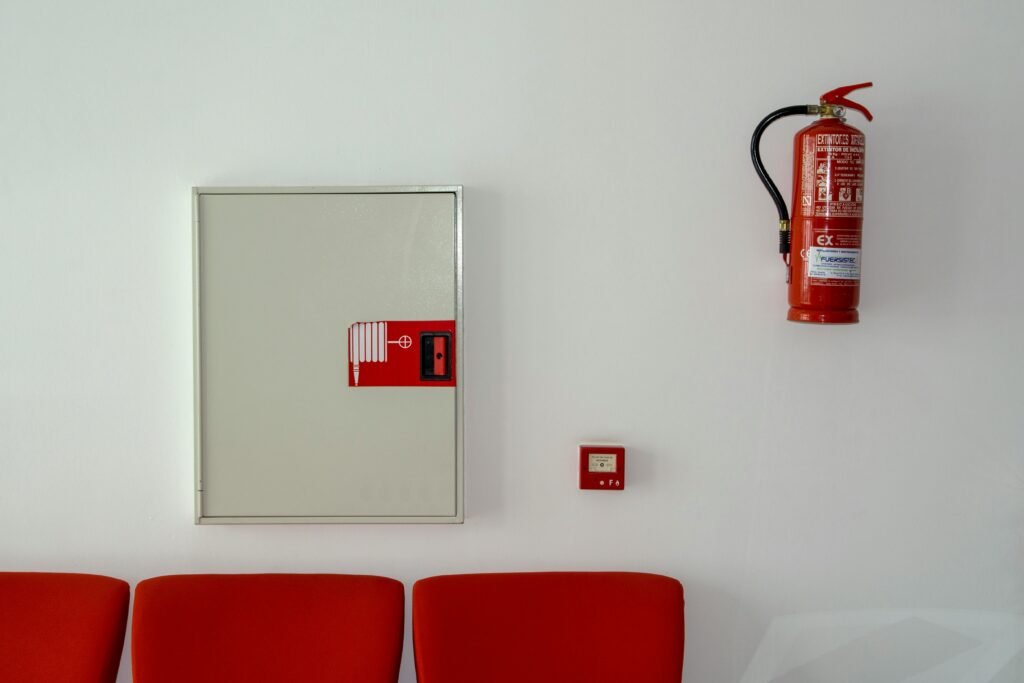Last Updated on August 4, 2024 by Abdullah Meraz
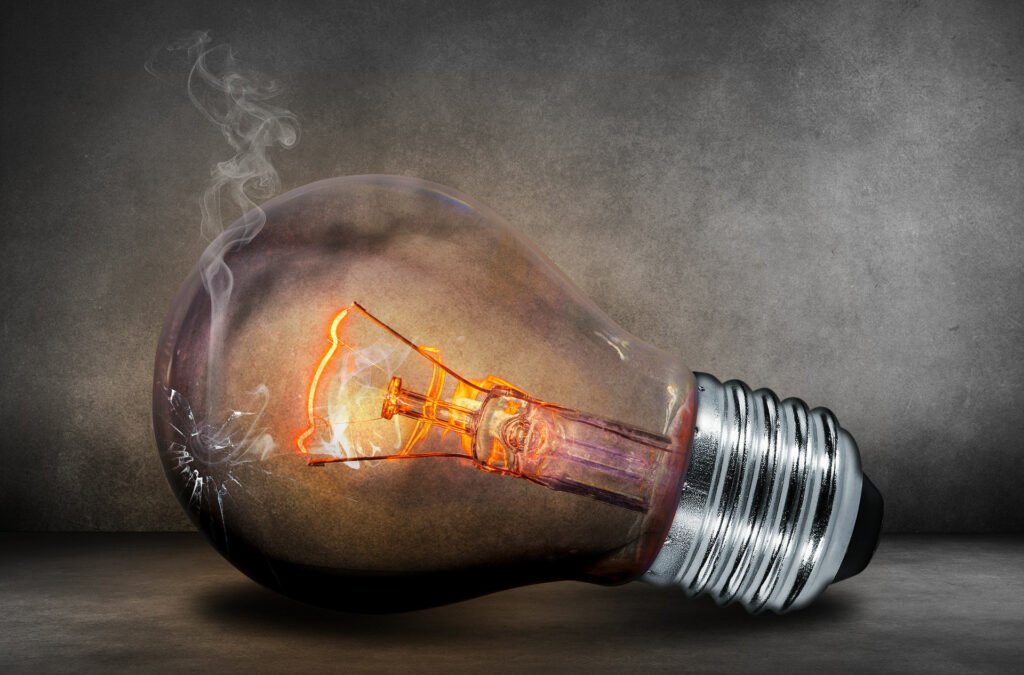
It would help if you were mindful of electrical energy, as it could also be dangerous that you cannot imagine. It is crucial to select the proper discharge extinguishers for power discharge.
I have bought thousands of fire extinguishers for my office (manufacturing facilities) and home. Drawing on my experience, I will share critical, relevant information concerning excellent discharge extinguishers with you.
Electrical energy is a necessary part of our everyday lives, yet it may pose threats, leading to death. Power fires are often hazardous, spreading rapidly and triggering significant damage. Using a proper fire extinguisher developed for electric fires is crucial to quitting these fires when they are generally small, as some other kinds of extinguishers exacerbate the scenario and create substantial building damage.
Some fire extinguishers ought to never be used on power fires. Generally, water-based and foam-type terminate extinguishers are often unsuitable for combating electric fires. Carbon dioxide is a good choice for dealing with electric fires, while dry-out chemical powder discharge extinguishers are generally likewise relevant for minor power fires. Dry-out chemical powder extinguishers leave an absence of residual powder that may harm fragile electronic tools.
Excellent Fire Extinguishers to Use
You need to recognize that using the wrong type of extinguishing agent can sometimes cause more harm than good.
Carbon Dioxide (CO2) Fire Extinguisher
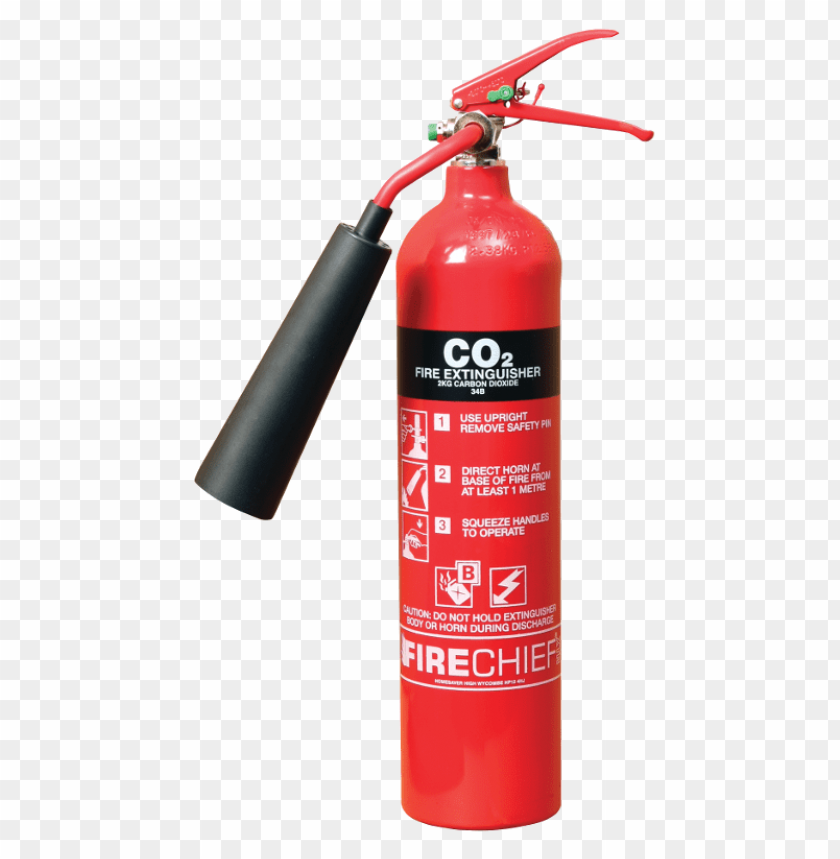
For electric fires, Course C fire extinguishers are usually recommended. Carbon dioxide (CO2) and dry chemical powder are the preferred alternatives. These extinguishers are often developed primarily for electric fires, and also their non-conductive extinguishing agents deliver safety and security from electrocution while fighting fires. Carbon dioxide (CO2) discharge extinguishers displace the air component from the fire triangular, minimizing heat and avoiding re-ignition. However, care should be taken to prevent using CO2 extinguishers within confined spaces, as they may create suffocation. Additionally, contacting the horn of a CO2 extinguisher can cause freeze burns, and damaged hoses should certainly not be utilized.
Remember that smoke detectors will alert you to break out, and you have a chance to fight. Versatile fire alarms also work for those with hearing loss who are in your home.
Properly maintaining fire alarms will give you the highest continual detection, enhancing fire safety measures in your home.
Dry Chemical Powder (DCP) Fire Extinguisher
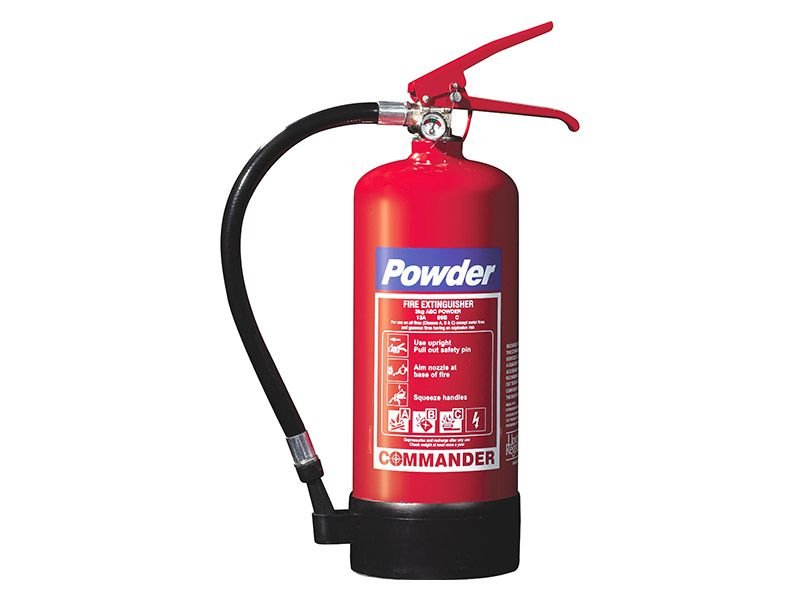
The job of drying out chemical powder (DCP) discharge extinguishers is to create a barrier between oxygen and fuel and smother the discharge. They are composed of monoammonium phosphate (MAP), which is actually non-conductive, making certain safety from electrical power shocks. Individuals should preserve a distance while using DCP extinguishers to avoid inhaling the powder, which may be a rare sight. Within skin contact with the powder, instant rinsing along with water is suggested, adhered to by clinical attention if signs and symptoms linger.
How to Put Out an Electrical Fire
To extinguish an electrical fire, follow these below steps:
If it’s a vast electrical termination, leave the developing instantly and call 911
For minor electric fires:
· Seek to extinguish the termination termination if it’s risk-free to do so and if there’s a reduced possibility of it spreading.
· Make sure you are often safe between the discharge and a clear exit route.
· Turn off the power resource if it can be safely accessed.
· Confirm the accessibility of a suitable fire extinguisher by monitoring its level, security affix seal, and pressure gauge.
· Observe the PASS method (Pull the pin, Intend reduced, Squeeze manage, Sweep side through edge) to eject the extinguisher.
· When the termination is actually extinguished, drain the cylindrical tube.
The Common Causes of Electrical Fires
- Faulty Home Appliances: Outdated devices can produce severe heat, posing a risk of fires. Schedule assessment by an electrical expert may minimize this hazard. Also, It would help if you consider carbon monoxide gas emissions from faulty appliances
- Electrical Heaters: Portable heaters may ignite fires if placed close to combustible products. Remember electrical heater also a source of CO gas.
- Power Extension Cords: Misuse of extension cords, such as overloading or even operating under rugs, may causes to triggers and fires
- Malfunctioning Electrical Wiring: Growing older electrical systems may certainly not fulfill present demands, which are generally resistant to overloaded circuits and enhanced fire threats.
- Light Fixtures: Overloading lights fixtures or even lamps may cause overheating and ignition of worrying items.
Within 2021, around 24,200 domestic developing electric fires were reported within the Combined Specifics, leading to 295 deaths, 900 injuries, and over $1.2 billion in property loss.
CO2 discharge extinguishers are in fact typically suitable for electric fires, as they will certainly not damage electrical devices or properties. A certified electrical expert can assess and maintain electric tools and wiring regularly to prevent termination. All house members need to be educated on working fire extinguishers, general rescue, and first assistance support. It is also recommended that fire drills be performed at home with all locals and guests.
